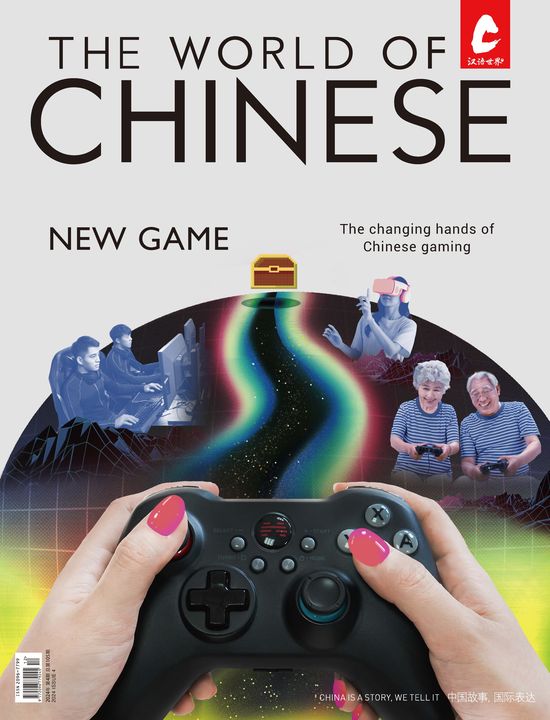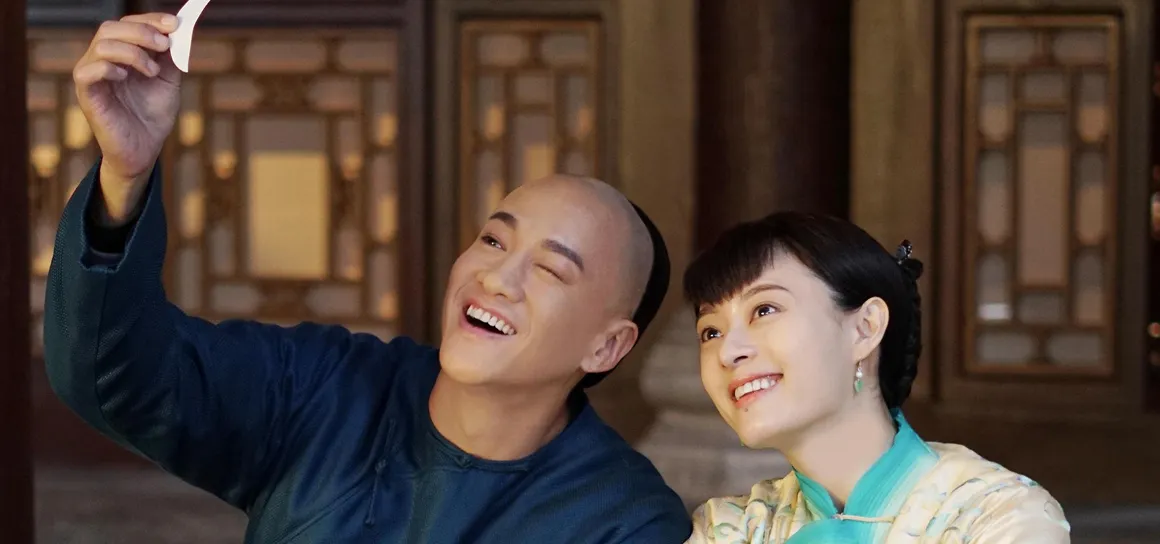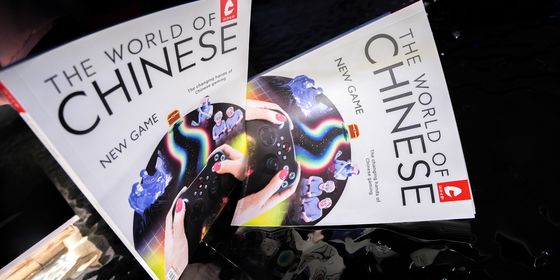The real life of the leading character in popular Qing Dynasty drama Nothing Gold Can Stay is far more impressive than depicted on the TV show
On Octobler 8, 74-episode TV drama Nothing Gold Can Stay finally came to its end, with a rating of 7.5 on China’s most influential movie-reviewing website Douban—a good result compared with similar shows in the past. Its performance on social media was even better, though. On Weibo, under the tag of the show’s name, there were more than 3.3 million posts, with the tag viewed 6.6 billion times, and the show’s official Weibo account had attracted more than 400,000 followers.
The show describes the legendary life of a widow named Zhou Ying in the late Qing dynasty, who revitalizes the business of her husband’s family, a prominent clan in Shaanxi. Zhou, played by famous actress Sun Li, was born into a poor family and lived an unstable life with her father, a gambler. As part of one of his many cons, he sold his daughter to a rich family to be a servant girl. When Zhou escaped from her master’s family, she encountered Wu Pin, the son of a wealthy local merchant, who later became Zhou’s husband. Their marriage was happy, but before long, Wu died of poisoning, leaving Zhou a widow. Zhou then managed Wu’s business, overcame many difficulties, built a successful business empire and became the richest woman in Shaanxi.
The dramatic storyline, exquisite production, and solid acting earned a lot of praise. But there were also negative comments, accusing the heroine of being a “Mary Sue” role, derogatory online slang that attacks idealized female characters who, without any believable reason, have everything fall into their laps without needing to really fight for it—fame, power, money, and, most importantly, love. The criticism was perhaps valid, at least in terms of romance. In the show, at least five men love Zhou, and would merrily die for her. In contrast, the supporting female roles, mainly her rivals in love, spend all their time trying to kill her, because the men they love only care about Zhou (although, for what it’s worth, it does pass the Bechdel Test). When Zhou gets in trouble or is targeted by her rivals, she is often saved by one of the men who love her.
Read more:
- Meet the Chinese Woman Who Became History’s Greatest Pirate
- China’s “Sex and the City” Rethinks Female Portrayal on TV
- TV Show Highlights the Lives of Professional Hostesses
Though these love stories were made up by the playwright, the figure Zhou Ying did exist in Chinese history. Her great-granddaughter Wu Guohua was a writing consultant and one of the producers on the show. The Chinese Business Gazette, a newspaper based in Shaanxi, interviewed Wu Guohua, who said that Zhou’s family really had been very rich. Zhou’s great-grandfather used to be a government official and influential businessman. Zhou’s family had good relations with Wu’s family for generations, which is why Zhou married Wu.
But the real Zhou indeed became a widow very soon. Instead of having multiple romantic entanglements, though, she was more known as a talented businesswoman. According to Wu, the Wu family experienced a very hard time after Zhou’s husband and father-in-law died. But Zhou managed to survive it. With the help of many employees, Zhou’s business improved, and expanded into many other provinces. There was even a saying at that time: “Workers from the Wu family travel throughout prefectures and counties, they can always eat and stay at their own properties.”
In 1900, when the Eight-Power Allied Forces invaded China, and Empress Dowager Cixi fled to Xi’an, Shaanxi province, Zhou provided the empress dowager with 100,000 liang of silver. As a reward, Cixi wrote a plaque for her, reading “Country-Defending Madam,” and adopted Zhou as her goddaughter. Later, the government signed the the Boxer Protocol in 1901, which regulated that the Qing dynasty would pay 450 million liang of fine silver to the eight nations involved, as an indemnity for the rebellion, over a course of 39 years. Zhou donated another large amount of money to the government, and was endowed with the title “Madam of the First Rank,” an honorific usually reserved only for the wives of high-level officials.
Maybe, for many audience members, it’s a shame to see the show focus more on romance than the life and fascinating career of such a legendary woman. But Zhou’s great-granddaughter thinks it’s fine. “It’s not a documentary, or a biography. I think the show meets the requirements of an artwork. It just conveys a kind of spirit,” Wu Guohua told the Chinese Business Gazette.












